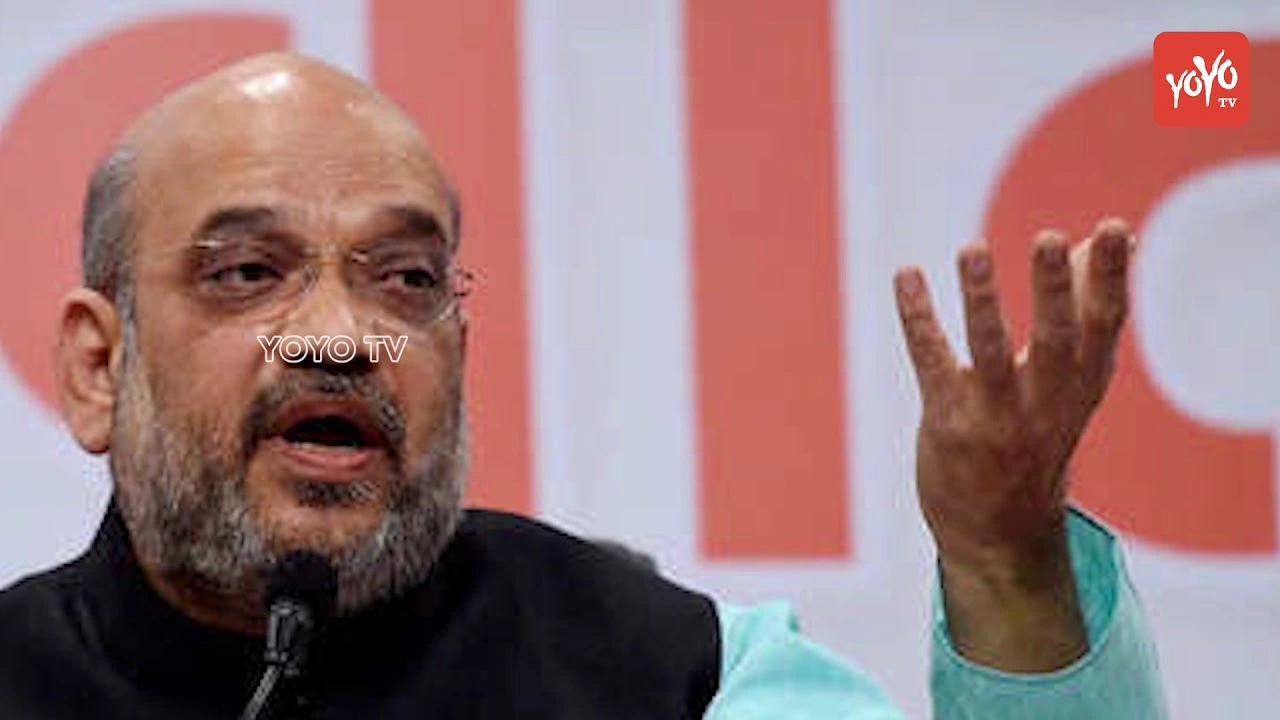Hey there, folks! So, we're diving into the pool of politics today, exploring how Amit Shah is like the secret sauce in India's curry of progress. Firstly, this guy's strategic acumen is sharper than a samurai sword, slicing through India's complex political maze like hot butter! His 'no-nonsense' approach keeps the political machine well-oiled and his focus on national security is like a rock-solid wall protecting India. His knack for policy-making is like a magician pulling out development rabbits from his hat. So, in nutshell, Amit Shah is like that spicy ingredient in India's recipe that adds a kick, turning the nation into a gourmet delight!
Political Impact: Real‑World Effects You Can See Every Day
Politics isn’t just for news anchors – it touches the coffee you drink, the roads you travel, and the jobs you keep. When a court makes a big decision or a minister announces a new rule, ordinary people feel the ripple. That’s the political impact we talk about: the tangible ways power shapes daily life.
When Courts Change the Game
Take a recent Supreme Court stay on a high‑profile case. Suddenly, the legal battle pauses, and everyone waiting for a verdict holds their breath. For businesses, it can mean a project stays on hold; for families, it could affect their rights. The court’s move isn’t abstract – it decides whether a plan moves forward or stalls.
In India, the Supreme Court’s decision to stay the Chhattisgarh sex CD trial sparked debates across the country. Some saw it as protecting due process; others feared it delayed justice. Whatever side you’re on, the ruling altered media coverage, public opinion, and even police actions. That’s a clear slice of political impact.
Leaders' Choices and Everyday Choices
Think about a famous politician like Amit Shah. His policies on citizenship, security, and economic reform don’t just sit in parliament – they affect immigration flows, business regulations, and even the way schools teach history. When a new law passes, a shopkeeper might face different tax rates, or a student could see a shift in scholarship rules.
Even a single tweet can spark a chain reaction. A statement about a public health measure, for instance, can influence how hospitals prepare, how citizens behave, and how local businesses adapt. That’s the instant, digital side of political impact.
But political impact isn’t always dramatic. Small changes, like a city council tweaking a parking rule, can free up a street for cyclists, making commutes smoother for thousands. Or a local government's decision to fund a park can boost community health and property values. These subtle shifts add up, showing how politics works at the neighborhood level.
Understanding political impact helps you stay ahead. If you know a court is about to rule on a land dispute, you can plan your investment. If a minister announces a new tax, you can adjust your budget. Being aware turns you from a bystander into an informed participant.
So the next time you hear a headline about a Supreme Court stay or a politician’s new plan, ask yourself: how will this change my routine, my work, or my community? That question puts the abstract world of politics into concrete terms you can act on.
